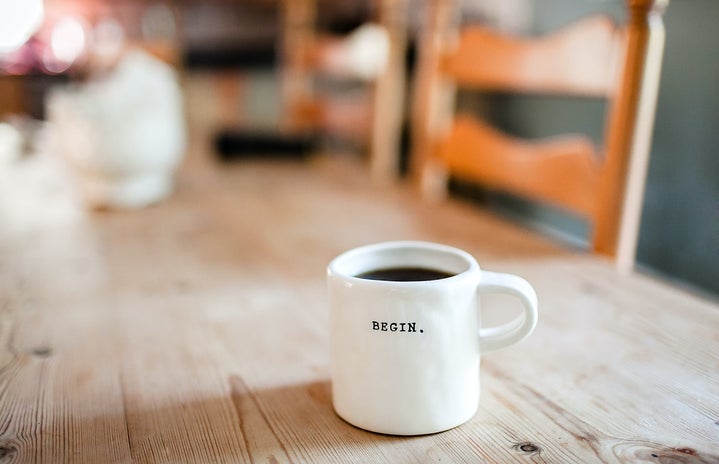There is a really funny movie called The Other Woman. Besides providing a fun plot, we get acquainted with three characters: Carly, Kate and Amber. Each of them represents a different aspect of womanhood. Carly is a successful lawyer in control of her life, Kate is a stay-at-home wife betrayed by her husband, and Amber is a young, naïve woman in search of love and adventure.
If this article was a movie review, I would give it a seven out of ten. That’s because this movie is just one of the infinite examples of the way womanhood is portrayed in society: flat.
If you watch many movies or read a lot of books, you might encounter the same issue. Oftentimes when discussing a woman’s future you are presented with two options: You can be an independent woman or you can stay at home and help your family.
Do you see what we’ve done? First of all, the language we use glorifies the independence option, and it creates a mutually exclusive relationship between helping in the home and being independent. I don’t know about you, but I would be comfortable being an independent girl boss and a Pilates-going soccer mom.
Why? Because I’m not a movie character and as a woman, I am free to take on as many roles in society as I wish. This includes having a successful career and being a wife and mom.
By creating labels and defining what roles a woman can and cannot do, we are only accepting societal norms and preconceived notions about who we can be. Autonomy and self-determination are incredibly important for humans, and womanhood should not be seen as a process where we must give up parts of ourselves to become realized.
I have role models who are stay-at-home moms and independent women. I have other role models who have achieved wonderful careers without ever deciding to form a family of their own. They have been my role models not because of that choice but because of the intrinsic aspects of their personalities, passion and accomplishments.
I want to suggest something that seems like it was taken out of a Scooby-Doo line: Let’s lose the labels. We can do anything we set our minds to – from our growth to our choices to achieving a more multidimensional media representation. Furthermore, I would like to suggest opening the panorama to new ideas, looking for role models and mentors in unexpected places because all narratives are full of new ideas regarding womanhood, and we sure have a lot to learn from each other.



